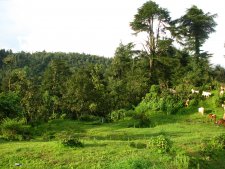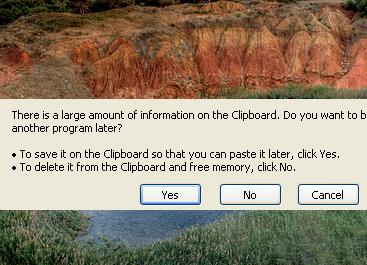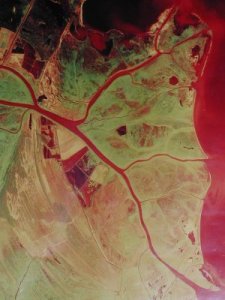By Daniel Barragan (Posted: July 29, 2008)
El pasado 8 de Julio la Corte Suprema de Justicia de la Nación, determinó en un histórico fallo, la responsabilidad del Estado Nacional, la Provincia de Buenos Aires y la ciudad de Buenos Aires, en la prevención y saneamiento del daño ambiental existente en la cuenca Matanza Riachuelo.
La cuenca Matanza Riachuelo cubre un área de 2.238 km2, abarca parte de la ciudad de Buenos Aires y 14 municipios. En esta zona se asientan más de 3.000 empresas, las cuales vertían cada día cerca de 88.500 metros cúbicos de desechos a la cuenca.
El daño ambiental generado –afecciones a la salud humana y la degradación de ecosistemas- por los efluentes y residuos industriales y domésticos, más la existencia de basurales clandestinos, ponía en grave riesgo a las poblaciones vulnerables y a la sostenibilidad de la cuenca.
En junio de 2004 un grupo de vecinos demandaron al Estado Nacional, a la provincia de Buenos Aires, al gobierno de la ciudad autónoma de Buenos Aires y a 44 empresas por daños y perjuicios.
Cronología de la causa
• Junio 2006: La Corte se declara competente en relación al Daño Ambiental Colectivo
• Septiembre 2006: 1° Audiencia Pública. Presentación del Plan de Saneamiento oficial
• Febrero 2007: 2° Audiencia Pública. Exposición de Picolotti sobre los avances del Plan
• Julio 2007: Fuertes críticas de la Pericia realizada por la UBA sobre el Plan de Saneamiento
• Julio 2007: 3° Audiencia Pública. Observaciones al Plan
• Noviembre 2007: 4° Audiencia Pública: exposición de todos los demandados
• Julio 2008: Sentencia de la Corte
La sentencia garantiza el acceso a la información y participación pública
Uno de los puntos más relevantes de la sentencia se relaciona con el acceso a la información pública. Se fija un plazo de treinta días hábiles para organizar “un sistema de información pública digital vía internet para el público en general, que de modo concentrado, claro y accesible, contenga todos los datos, informes, listados, cronogramas, costos, etc., actualizados…”
La sentencia también contempla la necesidad de que se instituyan mecanismos e indicadores adecuados que permitan a la sociedad civil controlar el cumplimento del plan de saneamiento, monitorear el avance y culminación de las obras y acciones comprometidas, identificar a sus responsables, así como denunciar posibles retrasos e incumplimientos. Sin duda este fallo es un gran precedente para la región.






